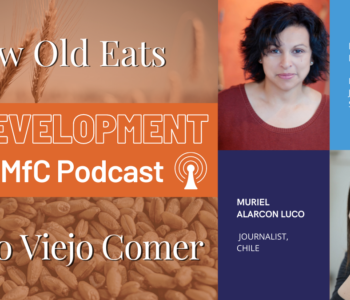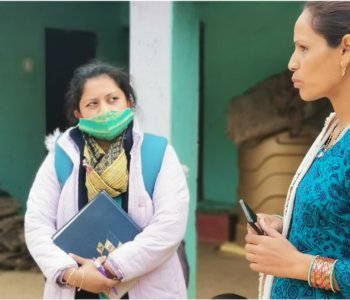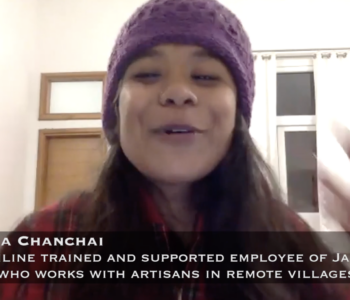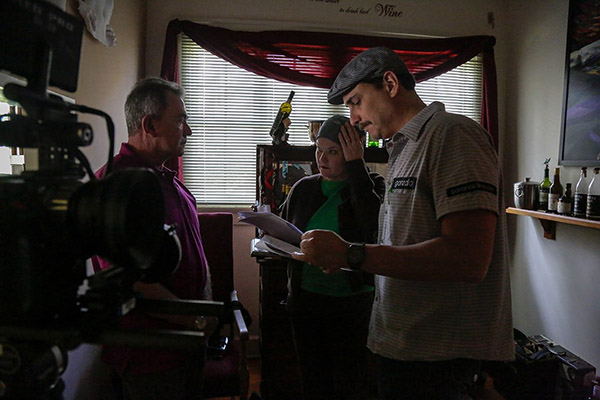
Journey to Film
Gonzalo Mejía joins Media for Change with a hunger to help others
by Isabella Vaccaro
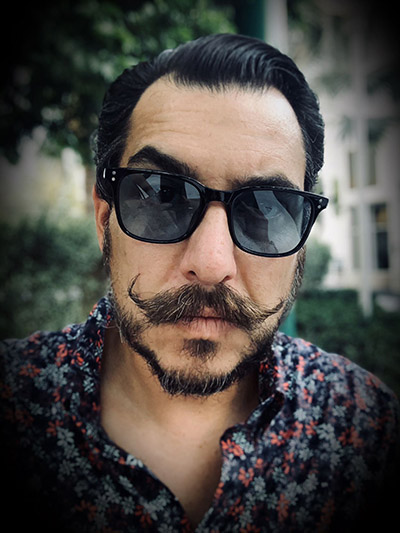
Gonzalo Mejía grew up scrutinizing MTV music videos as a young child in Ecuador—it seemed everyone in his close circle knew that he’ll grow up to be a filmmaker, except for him. Mejía didn’t fully realize his passion for film until he started college at the University of Miami, where he surrounded himself with friends who were studying film and quickly fell into line with his peers.
“I probably never realized film as a career because over 20 years ago, if you told your parents or friends, ‘hey I want to be a filmmaker,’ people would say ‘you’re crazy,’” Mejía said.
Despite the opinions Mejía went ahead with his goal of becoming a filmmaker. During his time at the School of Communication at the University of Miami he would meet an important mentor, Sanjeev Chatterjee. Mejía said his first impression of Media for Change founder was intimidating, to say the least, but once he began to take classes with Chatterjee, he soon considered his film professor a role model.
Even after Mejía graduated, he and Chatterjee never lost touch—and Chatterjee actually hired Mejía, then back in Ecuador, to line produce his award-winning documentary One Water, about the global water crisis so many know so little about.
At the beginning of his professional career, Mejía opened an ad agency in Ecuador, and after 5 years, this very job forced him to come to terms with his true calling: filmmaking. He decided to return to the U.S., Mejía lived in New York and Atlanta, where he began his own production company, Bananas Films, which he started mainly to produce narrative feature and documentary films, but eventually began producing dozens of commercial video content for big name brands in both English and Spanish. Quite a few years after, Mejía would move his business back to Ecuador, where he said he pioneered the online video content industry, were his production company singlehandedly created the highest number of online videos in the country at the time.
For him, owning his own business was the end goal, and he was adamant about remaining self-employed. Luckily, there was one condition to his steadfast rule.
“90% of my career has always been on my own,” said Mejía. “So, I said I don’t ever want to work for anyone—unless I work for UM. And suddenly I got this offer from the Frost School of Music where I work now, and even though I still keep Bananas Films going, I’m more invested in UM at the moment.”
Four years ago, Mejía became the Director of Media Production Services for the Frost School of Music. There he creates all of the school’s audio and video content as well as online graduate courses for Frost Online.
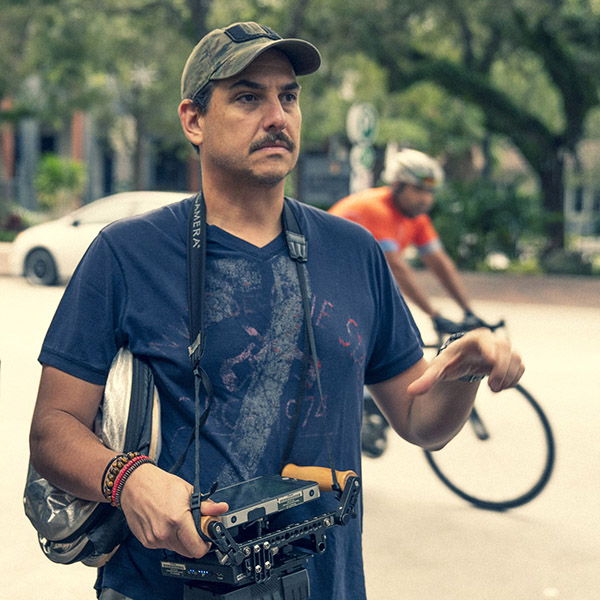
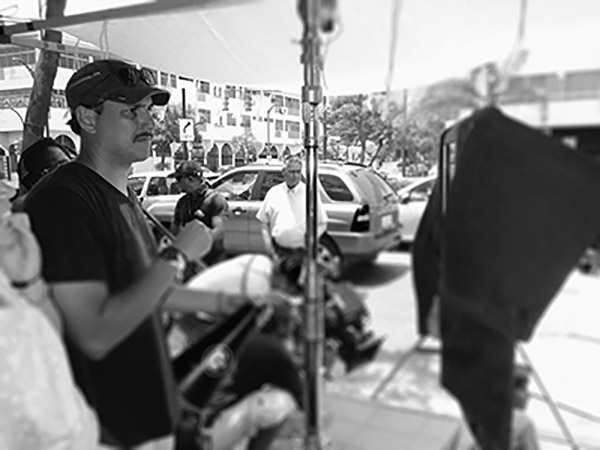
Another serendipitous event occurred as Mejía moved his life back to Miami—Chatterjee asked him to join Media for Change as the Director of Sustainability. Mejía said he was more than flattered when Chatterjee, whom he described as his “go-to person” and someone he aspired to be like, extended the offer, and accepted it on the spot.
Now, Mejía will join the Board of Directors as the Director of Organizational Administration, a new role he said will entail seeing projects through their courses and making sure Media for Change is “keeps moving forward.” Besides monitoring the progress of certain projects, he said he is also “connecting with nonprofits around Miami to spread the word that we exist, and find out how we can lend a hand.”
It is the perfect role for Mejía, who says filmmaking and helping others are both a part of his DNA. Growing up in Ecuador, he said, his parents were always involved in helping others. They always found ways to feed, clothe, provide health, educate and even find homes for the less privileged. Mejía now feels that he’ll continue their legacy in the form of storytelling alongside Media For Change.
“I always say film can cure any disease,” said Mejía. “And the reason is because it’s the best way to connect, besides person to person.”


